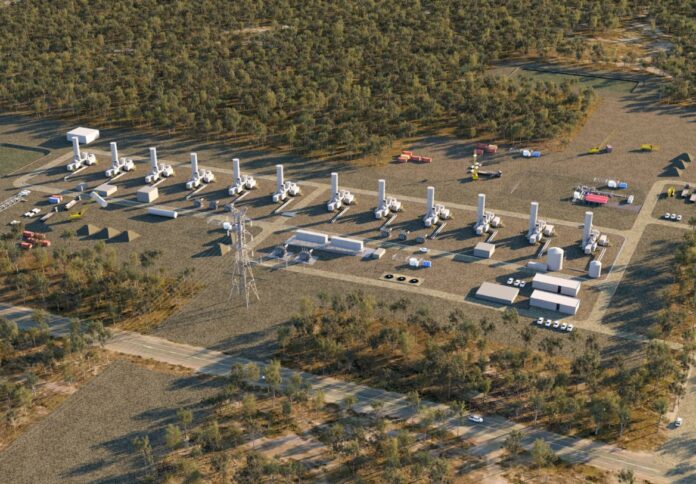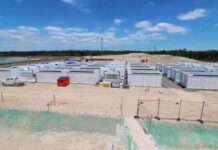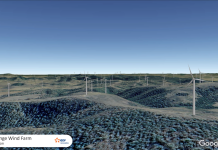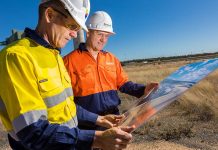
GE Vernova’s Gas Power business has secured an order from Queensland Government-owned energy company CS Energy for 12 aero-derivative gas turbines for the new Brigalow Peaking Power Plant.
The Brigalow Peaking Power Plant is expected to produce up to 400 megawatts (MW) of energy supply, suitable for ensuring and improving grid stability in accordance with the Queensland Energy and Jobs Plan, which details the State’s energy system reform initiatives.
The peaking plant, designed for variable solar and wind power generation, can initially operate on 35% green hydrogen, with a potential to reach 100% hydrogen over the next decade. Upon its launch in 2026, it is expected to provide electricity equivalent to 150,000 Queensland homes during peak demand periods.
“The Brigalow Peaking Power Plant demonstrates the opportunity for real action on climate change, moving away from fossil-fuels to green hydrogen produced here in Queensland from our abundant sun, wind and water. We know that green hydrogen has the potential to deliver 10,000 jobs and boost the economy by $33 billion by 2040, and that is why we’re backing this venture, as part of our commitment to the greatest jobs, climate and export opportunity in a generation,” Queensland Minister for Energy and Clean Economy Jobs Mick de Brenni said.
The power plant will be built at CS Energy’s Kogan Clean Energy Hub, which currently houses the Kogan Renewable Hydrogen Demonstration Plant.
“CS Energy is committed to securing a balanced mix of energy sources that can meet our customers’ decarbonization requirements and support the delivery of the Queensland Energy and Jobs Plan,” CS Energy CEO Darren Busine said.
“Brigalow Peaking Power Plant can provide the ability for multiple start/stop cycles per day and the ability to ramp up to full power output within few minutes. This project is an example of how we plan to create clean energy hubs at our power stations to deliver the energy mix needed to reliably transition the grid to renewable energy while also providing opportunities for our workforce to reskill,” Busine stated.
According to GE Vernova, Australia is expanding its use of renewable energy sources, but grid infrastructure still requires efficient gas turbine technology to stabilise these technologies. The energy transition presents a challenge for system operators and energy suppliers to ensure grid stability as coal is phased out and renewable energy generation technologies increase.
“The path towards decarbonization requires the deploying of renewable and gas power in tandem. We are continuing to advance our gas power technologies towards near zero-carbon power generation and part of this evolution involves the use of emissions-friendly hydrogen in GE Vernova’s gas turbine,” GE Vernova Gas Power business CEO Eric Gray said. “We are proud to collaborate with CS Energy to this project, which is a major step for Queensland’s renewable energy future.”
Also published in Australian Resources.



















